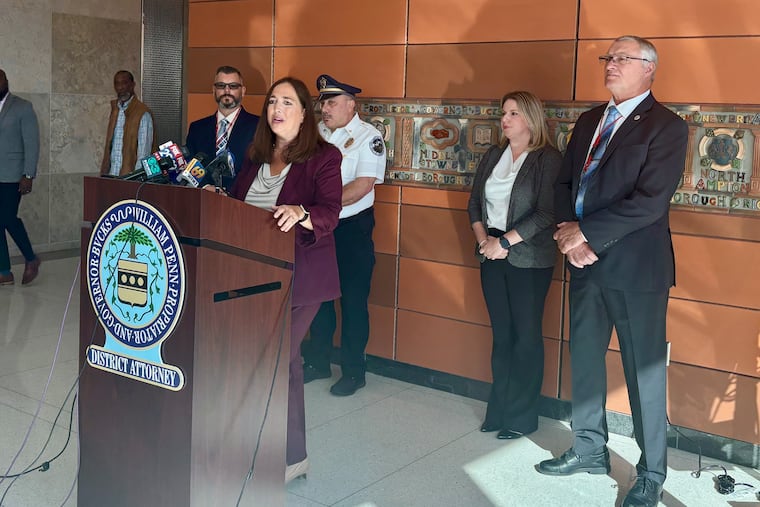Lizzo faces copyright infringement lawsuit related to an unreleased song.
Lizzo, the Grammy Award-winning artist, is facing legal challenges from GRC Trust over alleged copyright infringement regarding her unreleased song “I’m Goin’ In Till October.” The lawsuit, filed by GRC Trust, asserts that Lizzo, whose real name is Melissa Viviane Jefferson, has purportedly copied portions of the song “Win or Lose (We Tried)” without securing the necessary licensing rights, as indicated in legal documents obtained by Media News Source.
GRC Trust claims that previous negotiations for the rights to sample the track were unsuccessful, leading to the current legal action. The lawsuit seeks damages and reportedly requests an injunction to prevent any further exploitation of the song in question. Notably, Lizzo’s new track has yet to see a commercial release, though it gained traction on social media in August when she parodied a controversy surrounding Sydney Sweeney’s American Eagle jeans advertisement, which sparked discussions regarding the promotion of eugenics.
This lawsuit emerges in the context of Lizzo’s history with copyright claims. In 2022, she settled a prior lawsuit related to her hit “Truth Hurts,” which involved a songwriting credit given to Mina Lioness, conceding that portions of her work utilized elements from Lioness’s composition. Additionally, in 2019, singer CeCe Peniston alleged that Lizzo’s song “Juice” infringed upon her 1992 track “Finally.” Despite Atlantic Records’ assertion at the time that there was “no substantial similarity” between the songs and thus no valid claim, Peniston maintained that her work had been used without permission, noting that even a brief segment of over seven seconds constituted a violation of copyright.
The current case against Lizzo underscores the broader issues of copyright infringement within the music industry, particularly as artists navigate the complexities of sampling and originality. As the legal proceedings unfold, the implications for Lizzo and her artistic reputation remain to be seen, especially as the public engages with her work and the controversies that surround it. The outcome of this lawsuit may further impact the conversation about intellectual property rights in the evolving landscape of contemporary music.






